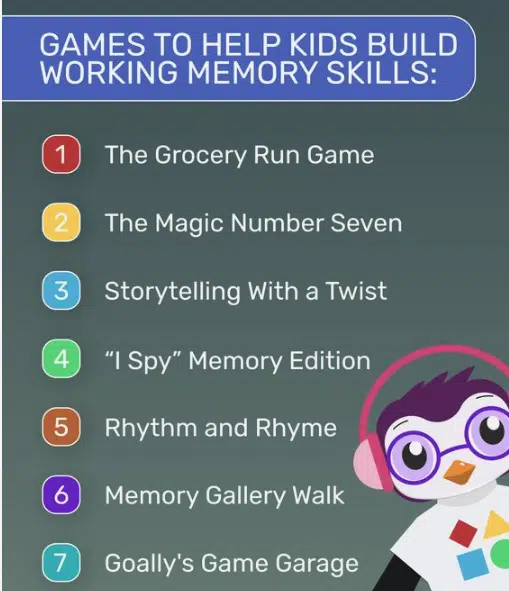Let’s follow Susie, a vibrant 8-year-old, through her WISC test:
- Kick-off Chat: Susie begins by talking about how apples and bananas are alike, showing off her verbal comprehension.
- Playtime with Purpose: She then arranges pictures to tell a story, spotlighting her perceptual reasoning skills.
- Memory Magic: Next, she’s asked to recall a string of numbers. Despite finding it a tad tricky, her effort shines through in this working memory task.
- Race Against the Clock: Lastly, she completes simple tasks as fast as she can, her pencil flying over the page in a test of processing speed.
Susie’s WISC adventure reveals a bright girl with strong reasoning skills and an area to work on – memory tasks. It’s not a hurdle, but an opportunity, a starting point to build from. Remember, WISC isn’t about winning or losing. It’s about understanding and growing. For Susie, it’s the first step on a path to becoming an even more awesome learner.















